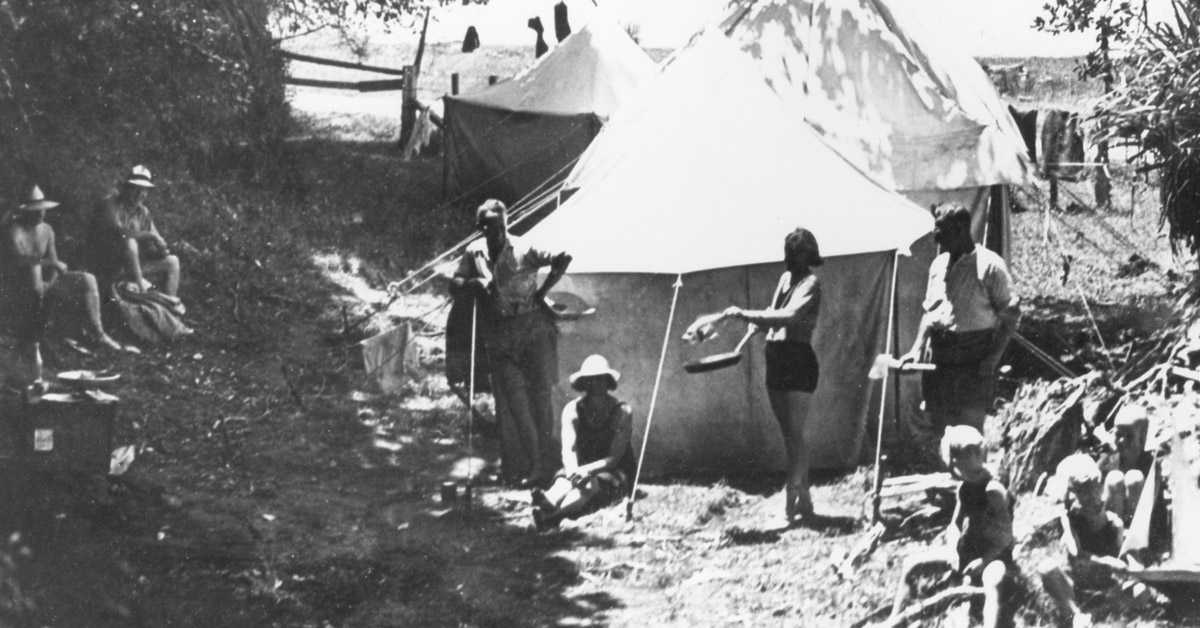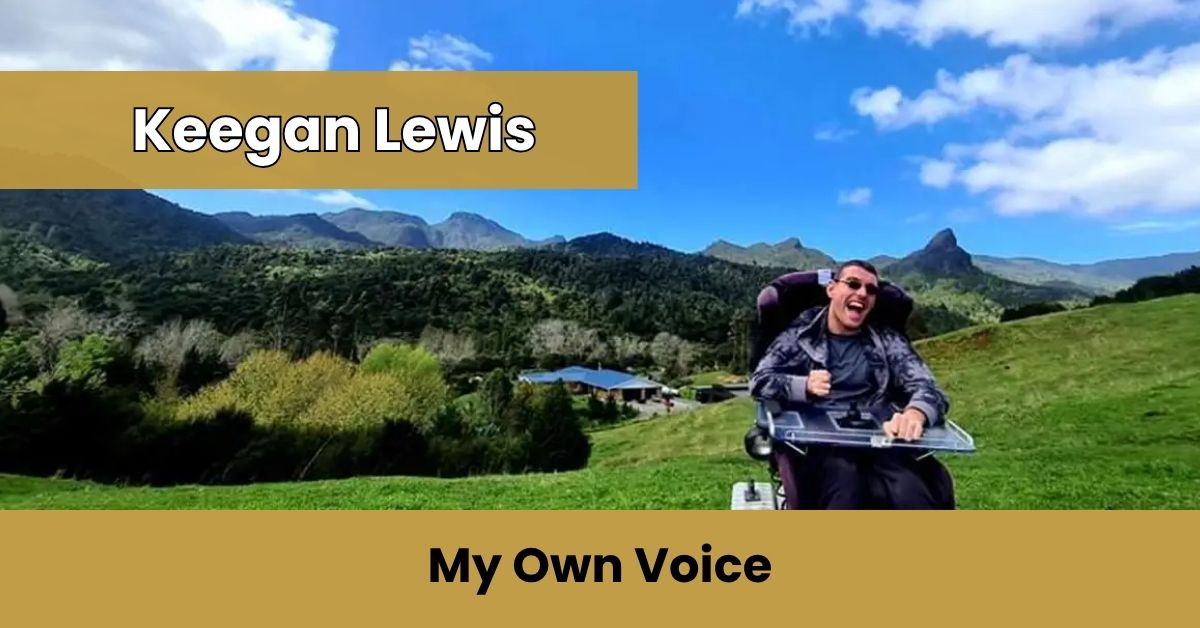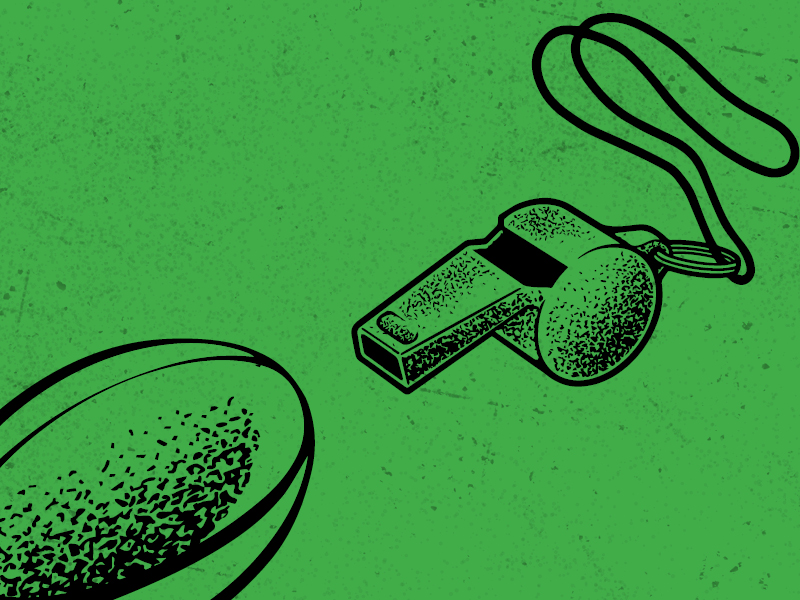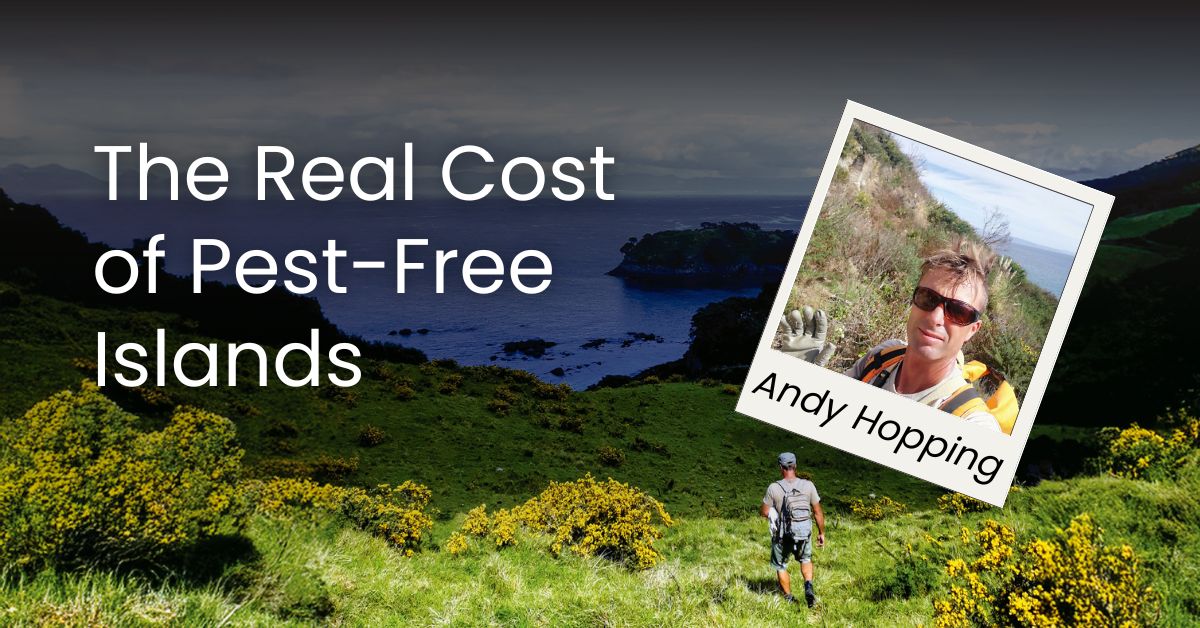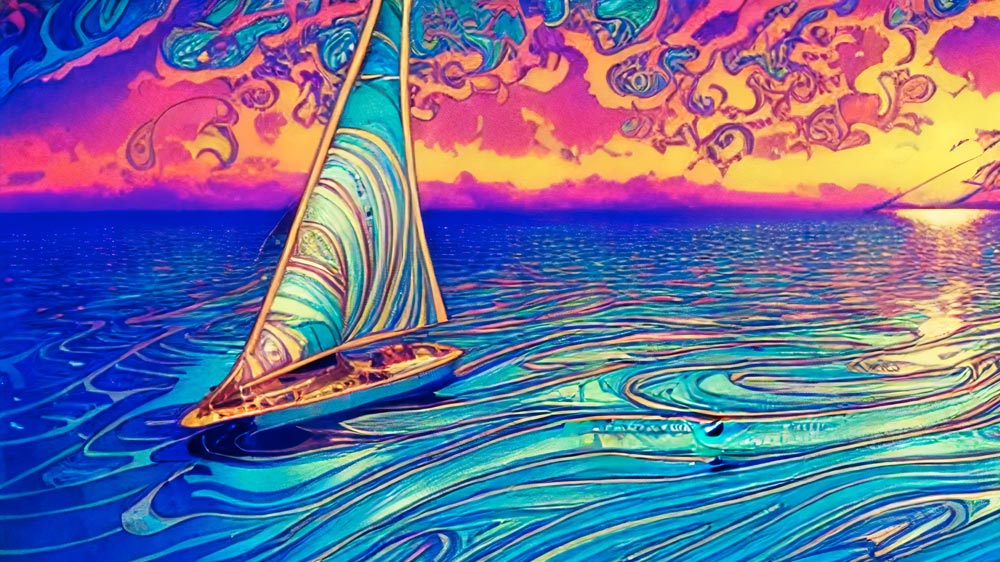
Local musicians Paul and Jani Lee share how music intertwines with their environmental advocacy.
I’ve always tried to take song/lyric writing as a serious responsibility with a conscientious intention to make change for the good. When I shifted to Kirehe Point, Te Whitianga-o-Kupe wahapū (estuary) in 1976, the mining issue immediately confronted me. As a singer-songwriter-performer, it felt right to commit to supporting the anti-mining struggle. Initially, our band Tribrations with Phil Toms’ ‘Gold Song’ performed at two of the Nambassa Festivals, flying the Coromandel anti-mining flag. Twenty years later, my family band, Coroblues, always featured original anti-mining songs. Into this century, as Soul Sax Plus, Jani and I have always included original praise songs to native birds and trees and pleas to preserve and protect the environment against mining.
‘No to the Mine’ is a song specifically written against mining.
‘When they’ve taken all the gold
And they’ve left a big hole
We’ll say “Whatever happened to the hills that used to be there?“
They’ve been taken away
Made into tailings dust.
It was the soul of the land
Our sacred trust
Do you care?
WE care!
We say No To The Mine’
‘No to the Mine’ – Green Rebellion 1993
Looking out of our house at the head of the Whitianga harbour, where we have lived for many years, it is easy to see why most of our songs are about the beautiful scenery and native birds and trees. The harbour shines and glistens, ripples and moves with the tides, mysterious and wild in stormy weather.
It’s a recreational sanctuary for canoeists and other small craft. There are fish to be caught in the estuary – kahawai, snapper, yellowtail, parore, mullet and flounder.
Clean water is crucial for the estuary. Run-off from farms carries nitrogen from chemical fertilisers, and general sedimentation from forestry is a major issue. We sing about clean water for everyone, for the fish and the birds. Whitianga harbour contains one of the biggest mangrove areas in the country and also nurtures significant surrounding wetlands.
The opportunity to live here and take on kaitiaki (guardianship) has allowed us to start regenerating native trees on a burnt-over bush block. Our song ‘Kauri 2000’ champions the ongoing efforts of this community kauri tree-planting project.
Meanwhile, tūī fly through the branches of flowering pohutukawa trees, singing loudly, and the korimako joins in with its beautiful, loud bell-like tones. The pīwakawaka flit around, displaying their pretty, fanlike tails, shining cuckoos whistle and call happily. The finches can be heard and seen; yellow-heads shyly fly among the branches, and quail graze the long grass seed heads on the front lawn – not shy, usually in small groups, and very pretty with their geometric brown, black and white feather patterns. They call each other to make sure all is well. In the distance, the pheasants call, and overhead the Caspian terns (taranui), harrier hawks (kāhu) and white-faced herons (matuku moana) fly by.
Our song ‘Pūriri,’ featuring the pūtōrino (Māori flute) tone of Jani’s tenor recorder, celebrating the return of korimako (bellbird) to our home, gained us RNZ Māori programme airplay.
Paul Lee
Other native birds we have written and performed songs about are:
kotare – kingfisher, ruru – morepork, pīwakawaka – fantai, toutouwai – North Island robin, kōtuku – white heron, kāhu – harrier hawk.
The tūī features in our ‘Give Me Water’ song, which we played on the Whitianga Bubble Bites series, Episode 4 (during Covid lockdown), available online.
The kākāpō saxophone song was written to encourage the kākāpō to keep breeding, as their numbers are diminishing; it is available to hear and view on YouTube.
Yes, it’s a paradise alright, quiet, beautiful and mostly unspoilt, so our songs are inspired by this daily reminder of heaven here on earth, and we sing and play songs to give thanks to nature.
But we are aware that there are destructive forces at work just around the corner, so we remind people by singing about protecting the environment. We have a major issue in the Coromandel over gold mining, an ongoing struggle for several generations (thank you, Coromandel Watchdog). Why are permits still being given for mining under and around precious conservation areas that should be protected for endangered species such as Archey’s frogs, and other precious flora and fauna?
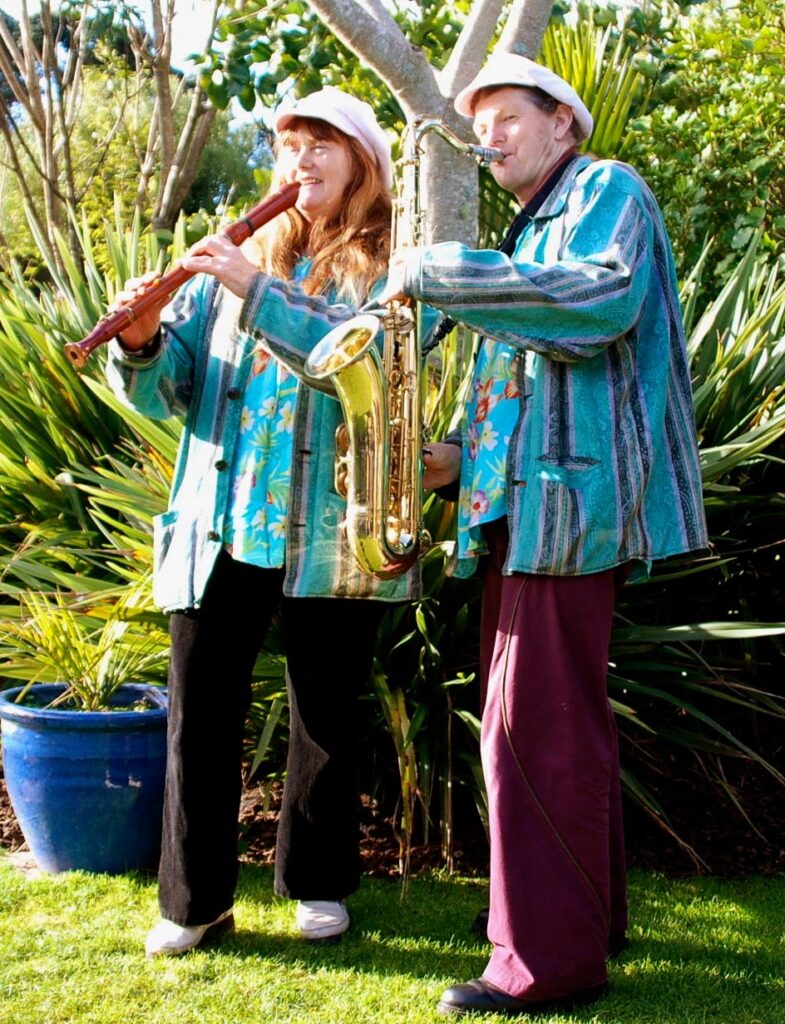
Many people are fighting in different ways for the environment; for us, it’s a great privilege to be musicians and have a platform to bring these Green issues to the attention of people.
We have also developed a modest artist workshop facility to include other musicians and artists.
‘Karanga Tangata Whenua
Hold Fast to this Land.
If we lose the land
We have nowhere to stand.’
Quote from Paul’s song ‘Home’, from the album Green Rebellion
– Words by Jani and Paul Lee aka Soulsaxplus
soulsaxplus.com



